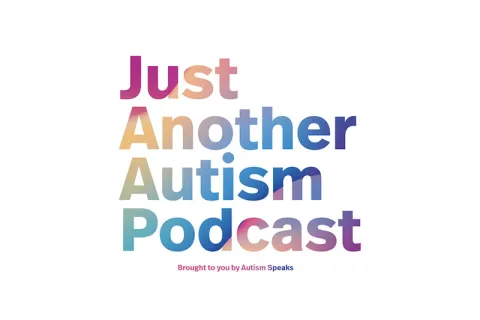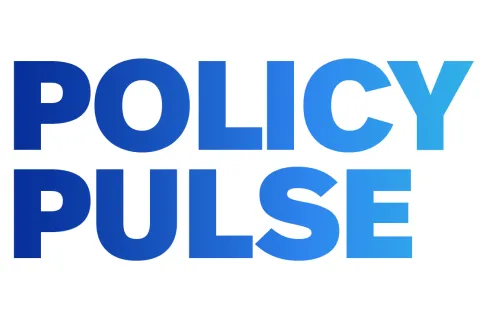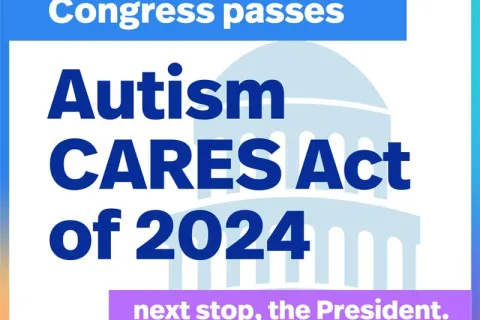What are my rights as an adult with autism?
Adult Autism Diagnosis Tool Kit
A benefit to obtaining an official autism diagnosis is eligibility for supports, services, treatment and protection under various laws. Below is a list of just a few of these autism benefits and protections that can help you address some of the challenges you may be facing as an adult with autism at work, at home or in the community.
Americans with Disabilities Act
The Americans with Disabilities Act (ADA) prohibits discrimination and ensures equal opportunity for persons with disabilities in employment, state and local government services, public accommodations, commercial facilities and transportation. In terms of employment, Title I of the ADA applies to public and private employers with 15 or more employees and prohibits discrimination based on disability when it comes to any aspect of employment, including hiring, firing, pay, job assignments, promotions, layoffs, training, fringe benefits and more.
The law also requires an employer to provide reasonable accommodation to an employee or applicant with a disability, unless doing so would cause significant difficulty or expense for the employer. If you do receive an official diagnosis, it is important to read about your rights under the ADA, especially if you feel you have been treated unfairly or even discriminated against in the workplace. If there is a “reasonable” accommodation related to the challenges you face as an individual with autism that could be put into place that may help better support you in your job, a diagnosis may help you secure that accommodation. Learn more at ada.gov.
The Job Accommodation Network, a service of the U.S. Department of Labor’s Office of Disability Employment Policy, is another tool that offers accommodation ideas specific to autism at askjan.org.
Vocational Rehabilitation Services
With an autism diagnosis, you could also be eligible to receive services from vocational rehabilitation programs which coordinate and provide counseling, evaluation and job placement services for people with disabilities. Each state has a vocational rehabilitation (Voc Rehab or VR) agency that provides employment service supports to people with disabilities, including autism. VR agencies can give you vocational assessments that lead up to the development of an Individual Plan for Employment (IPE), under which a variety of employment-related services can be provided, including training, counseling, job placement and supported employment.
You can find the contact information for your state VR office at www2.ed.gov/svr.
Medicaid Home and Community Based Services
You will also want to contact the developmental disability agency in your state to see if you are eligible for services through the Medicaid waiver in your state. State and local DD services operate under a variety of different names across the country. Frequently the funding for these services comes through the Home and Community Based Services (HCBS) waivers, which are made available through Medicaid. Medicaid can play a critical role providing both health care and long term services and supports that help meet ongoing needs of adults with autism.
HCBS provide opportunities for individuals benefitting from Medicaid to receive services in their own home or community, such as case management, adult day health services, both day and residential habilitation, home health aides and more. The requirements for gaining access to these services vary from state to state. Contact your local or state agency to see if you may be eligible.
Social Security
If you require a certain amount of supports as a result of your autism diagnosis, you also may be eligible for social security benefits. Many individuals with disabilities who are unable to secure competitive employment rely on Social Security benefits for the majority of their income. Social Security Disability Insurance (SSDI) and Supplemental Security Income (SSI) disability programs are the largest federal programs providing assistance to people with disabilities, both of which are administered by the Social Security Administration. These programs are only available for individuals with disabilities who meet certain medical criteria. If you are eligible, SSDI pays benefits to you and certain members of your family if you are “insured,” meaning that you worked long enough and paid Social Security taxes. SSI pays benefits to individuals with disabilities who have limited income and resources to help them meet basic needs like food and shelter.
Once you have an official diagnosis, it is important to schedule a consultation with a Social Security disability representative in order to understand your specific needs and the benefits you are entitled to receive. You can also learn about benefits you may be able to get from Social Security by using the Benefit Eligibility Screening Tool (BEST).
Social Security also offers some work incentives in order to allow you to work and keep your benefits, which may apply to you. These include a Plan for Achieving Self Support (PASS), the Impairment Related Work Expense (IRWE) and the Ticket to Work program. More information can be found in the benefits section of the Autism Speaks Employment Tool Kit.
Section 504 of the Rehabilitation Act of 1973
Section 504 is a national law that protects qualified individuals from discrimination based on their disability. It applies to employers, public colleges and universities and other organizations that receive financial assistance from any federal department or agency. For purposes of employment, qualified individuals with disabilities are persons who, with reasonable accommodation, can perform the essential functions of the job for which they have applied or have been hired to perform.
Under Section 504, a recipient of federal financial assistance may not, on the basis of a disability, deny qualified individuals the opportunity to participate in or benefit from federally funded programs, services or other benefits or deny employment opportunities for which they are otherwise entitled or qualified. Section 504 is also the law that requires school districts to provide a “free appropriate public education” to each student with a disability, regardless of the nature or severity. While ADA also protects individuals with disabilities against discrimination, Section 504 goes a step further by requiring organizations receiving federal funds to make their programs accessible to these individuals. If you have an official diagnosis of autism, you are able to seek protection and accommodations in all federally funded programs – employment, housing, community living, etc. – under this law.
Read more in our Adult Autism Diagnosis Tool Kit: A guide for identifying autism in adults and figuring out what comes next.






